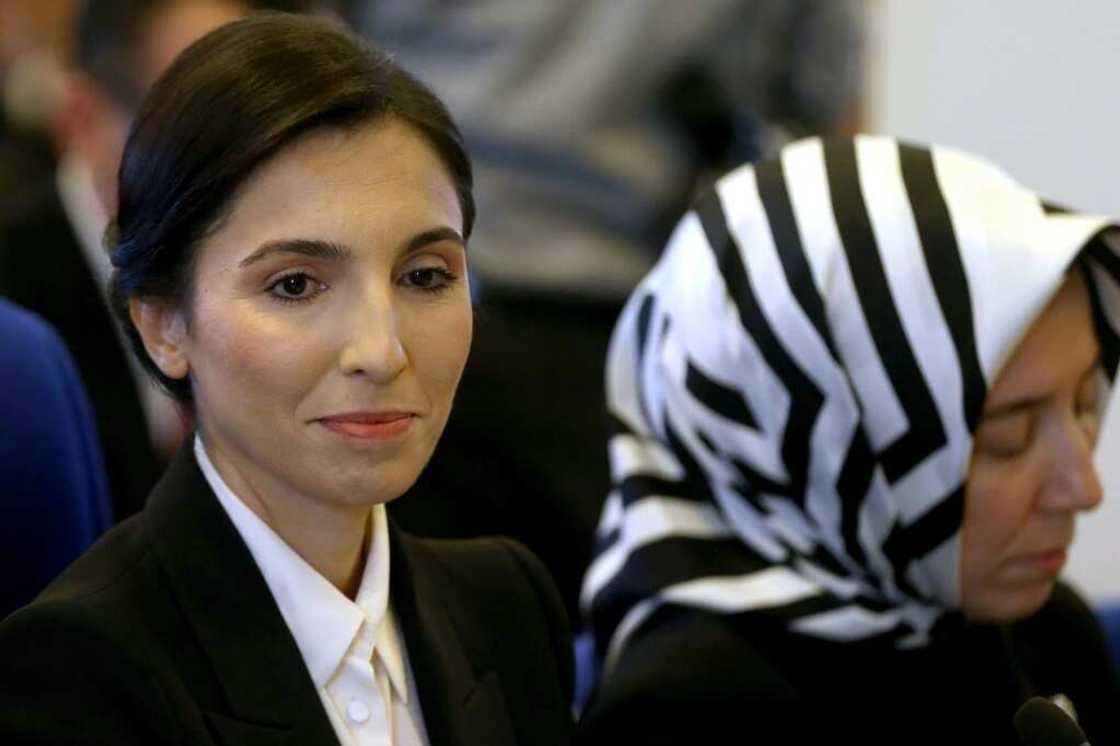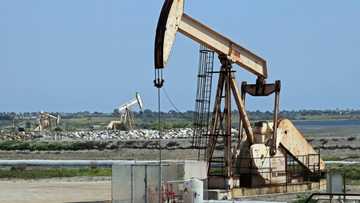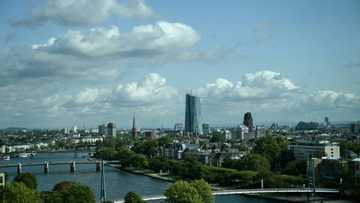Turkey lifts key rate for 5th month in inflation battle

Source: AFP
PAY ATTENTION: Unlock the best of Legit.ng on Pinterest! Subscribe now and get your daily inspiration!
Turkey's central bank sharply lifted its policy rate for the fifth month running on Thursday as part of its politically charged battle against historically high inflation rates.
The bank said it was taking its main lending rate to 35 percent from 30 percent because "inflation readings were above expectations" over the past three months.
Turkey's official annual inflation rate peaked at 85 percent last October and climbed back up above 60 percent last month.
The bank has now more than quadrupled borrowing costs since President Recep Tayyip Erdogan dropped -- or at least put aside -- his lifelong objection to the idea that raising interest rates helps fight inflation.
The Turkish leader had entered a difficult May election pledging to never allow the bank to raise its key rate while he was president.
He reversed course after winning the vote and allowing a new team of Wall Street-trained economists to take on the job of steering Turkey out its worst cost-of-living crisis of Erdogan's two-decade rule.
PAY ATTENTION: Donate to Legit Charity on Patreon. Your support matters!
Erdogan has given his new policy team several crucial votes of support in the past few months.
He told his ruling party faithful on Wednesday that Turkey was waging a "multifaceted fight against inflation".
"It takes time to see the steps taken in the economy reflect on people's daily lives," he said in televised remarks.
'Managed depreciation'
Turkey's latest economic crisis began when Erdogan decided to fight inflation by directing the nominally independent central bank to start slashing borrowing costs two years ago.
The lira promptly crashed as Turks began to stock up on dollars and gold to preserve their savings and buffer themselves from further economic shocks.
The central bank is estimated to have spent well over $200 billion dollars trying to prop up the lira since Erdogan launched his economic experiment.
The post-election policy shift has included a decision to allow the lira to weaken in order to ease the pressure on central bank coffers.
Analysts believe that the lira interventions were also starting to eat away at the competitiveness of Turkish exports to Europe and other parts of the world.
The lira has slipped from 20 to the dollar at the time of Erdogan's re-election to around 28.1 to the greenback on Thursday.
"It looks like the (central bank) currently has the lira locked in a managed depreciation regime, with a seeming target of around 30.00 at year-end," ING Bank said in a client note.
Source: AFP




